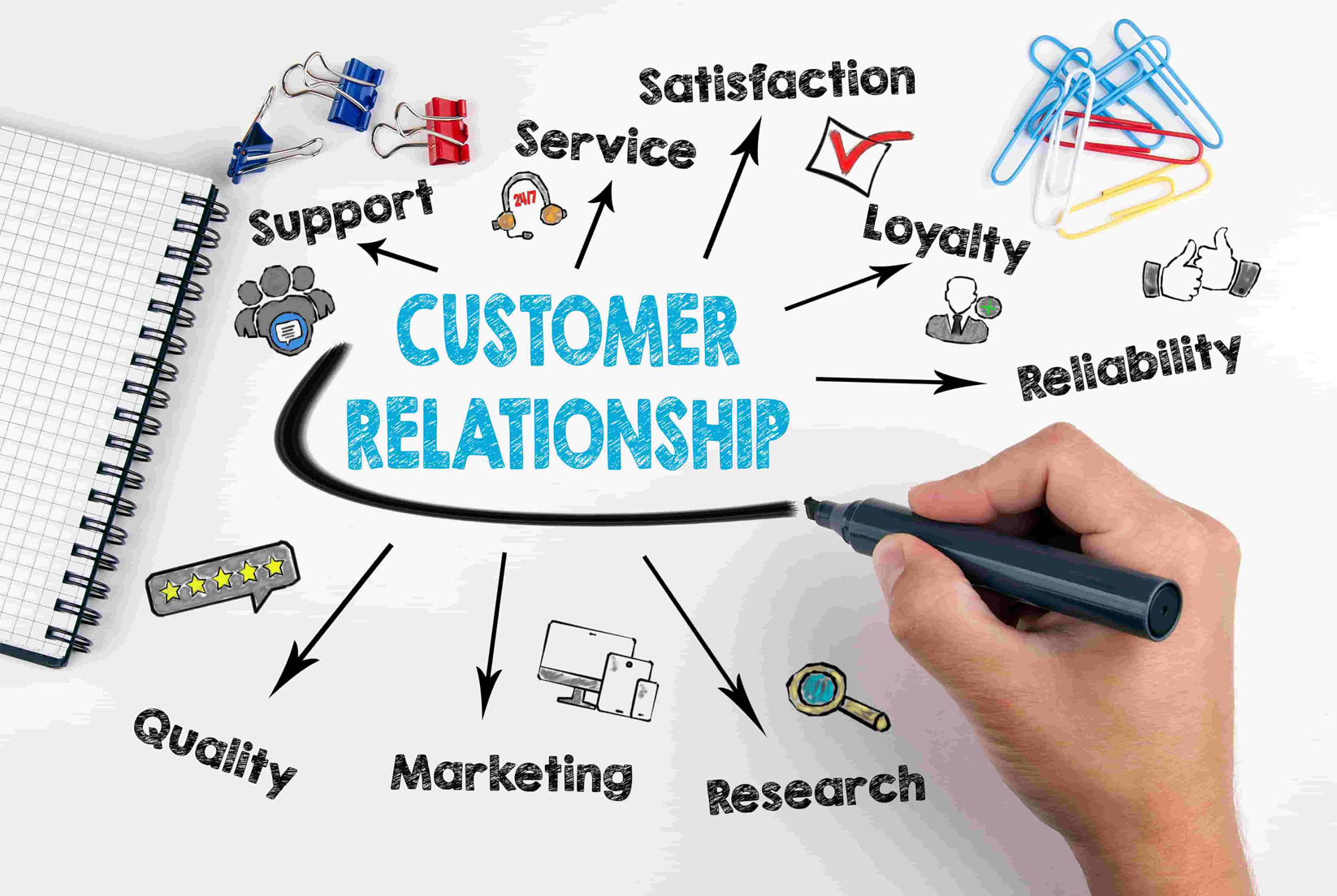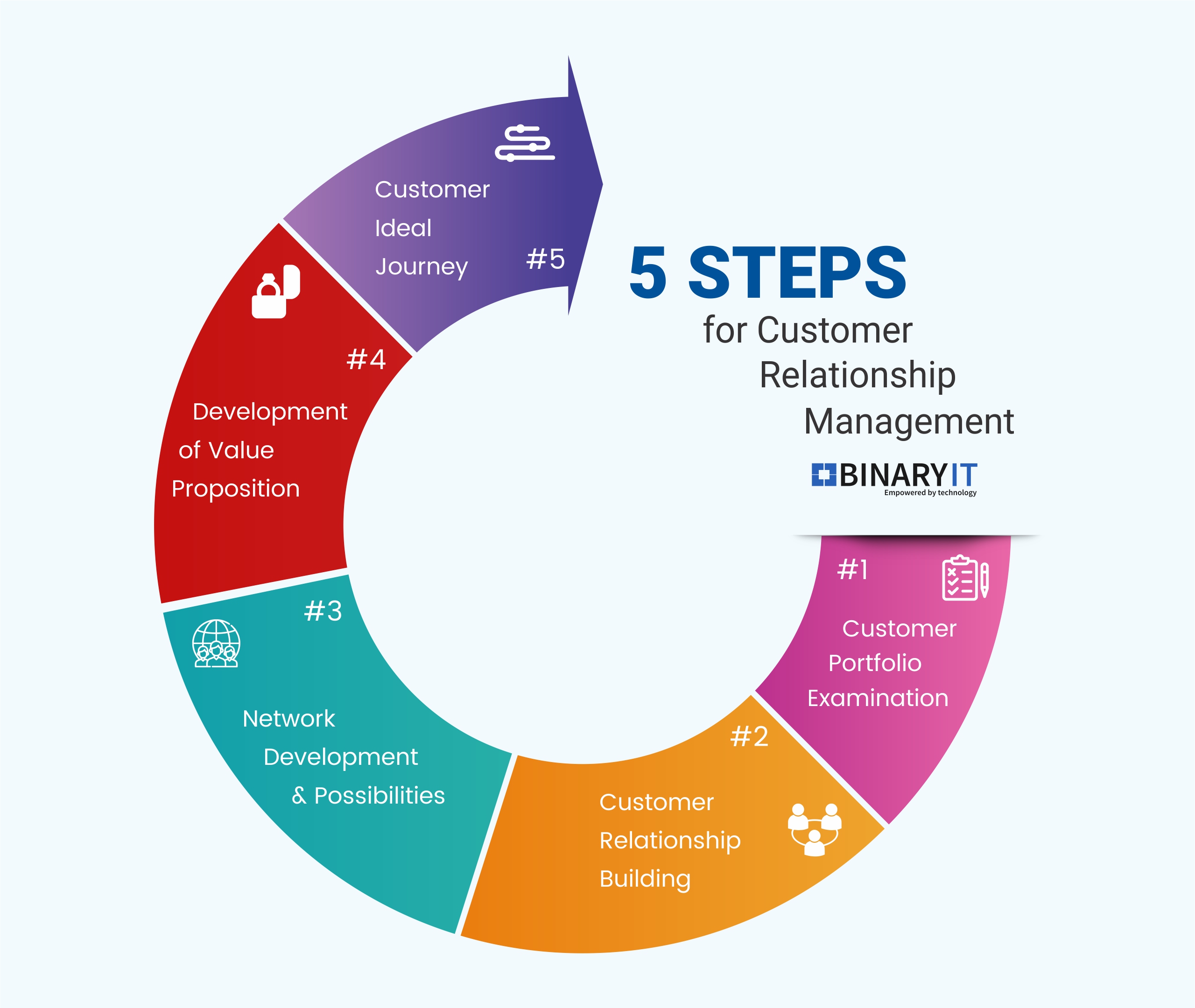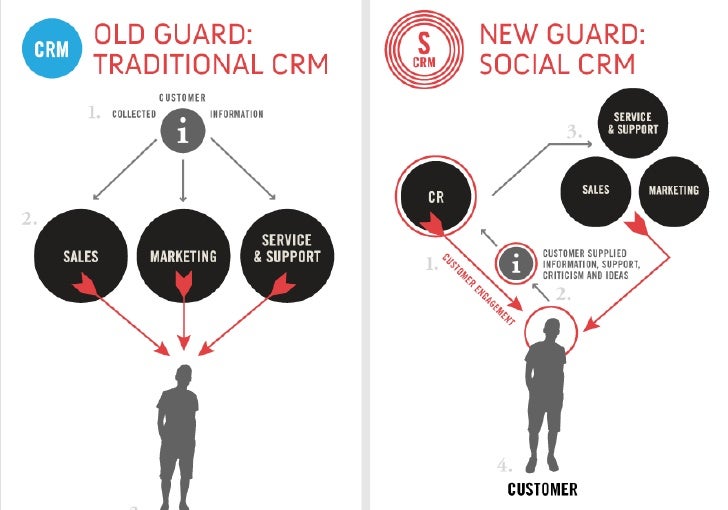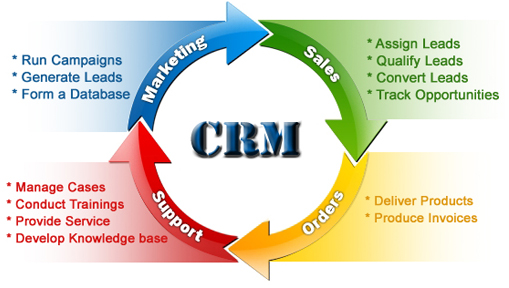
Customer Relationship Management (CRM) is an essential aspect of modern business operations. It plays a pivotal role in building strong, long-lasting relationships with customers and enhancing overall customer satisfaction. In today’s highly competitive market, having an effective CRM strategy is crucial for businesses to thrive and stay ahead of the game.
What is CRM?
CRM, which stands for Customer Relationship Management, refers to the practices, strategies, and technologies that companies use to manage and analyze customer interactions and data throughout the customer lifecycle. It involves various aspects, including sales, marketing, and customer service, and aims to streamline processes, improve customer satisfaction, and drive business growth.
A well-implemented CRM system allows businesses to gather valuable customer data, such as contact information, purchase history, and preferences. This information enables companies to gain insights into customer behavior, identify trends, and personalize their interactions with customers.
The Benefits of CRM
Implementing a CRM system offers several significant benefits for businesses. One of the key advantages is improved customer satisfaction. By having access to comprehensive customer data, companies can provide personalized and targeted services, addressing individual customer needs effectively. This personalized approach enhances customer loyalty and fosters stronger relationships.
CRM also helps businesses streamline their sales processes. By tracking leads, managing contacts, and monitoring sales activities, companies can efficiently manage their sales pipeline and maximize opportunities. Additionally, CRM enables effective collaboration between sales teams, facilitating seamless communication, and enhancing overall productivity.
CRM Tools and Examples
There is a wide array of CRM tools available in the market today, catering to diverse business needs. Some of the popular CRM tools include:
- HubSpot CRM: HubSpot CRM offers a free and user-friendly platform for managing customer relationships. It helps businesses track interactions, manage leads, and monitor sales activities effectively.
- Salesforce: Salesforce is a widely-used CRM platform that offers a comprehensive set of features for managing customer data, sales processes, and marketing campaigns.
- Zoho CRM: Zoho CRM provides businesses with a flexible and customizable CRM solution. It includes features such as lead management, contact management, and sales automation.
- Microsoft Dynamics 365: Microsoft Dynamics 365 combines CRM and ERP capabilities, offering a unified platform for managing sales, customer service, and marketing activities.
Now let’s take a look at a few examples of successful CRM implementations:
1. FounderJar: FounderJar, a leading marketing platform, emphasizes the importance of CRM to enhance customer satisfaction and drive business growth. They offer valuable insights and tips on CRM implementation, helping businesses leverage this powerful tool effectively.
2. The Four C’s Of Customer Relationship Management Process: This article focuses on the four crucial elements of CRM process, namely Customer, Company, Collaborators, and Competitors. It provides valuable information on how businesses can optimize their CRM strategies and achieve sustainable success.
Conclusion
CRM plays a pivotal role in modern business operations, enabling companies to build stronger relationships with customers, enhance satisfaction, and drive growth. By leveraging CRM tools and implementing effective strategies, businesses can streamline processes, personalize customer interactions, and maximize sales opportunities. Embracing CRM is essential for staying competitive in today’s dynamic market landscape.
In summary, CRM is not just a buzzword; it is a vital component of successful businesses. By prioritizing customer relationships and leveraging the right tools and strategies, companies can achieve sustainable growth and maintain a loyal customer base.
Do you need Opiniones de Customer relationship management? you’ve visit to the right page. We have 5 Pictures about Opiniones de Customer relationship management like What is CRM? Definition, Examples, Tips, Tools | FounderJar, Opiniones de Customer relationship management and also Introducing Product Relationship Management – it's what customers want.. Here it is:
Opiniones De Customer Relationship Management

www.datuopinion.com
Entrepreneurs is a vital aspect of the global economy. Business owners capitalize on opportunities to establish successful ventures that add economic growth and job creation.
The Four C’s Of Customer Relationship Management Process
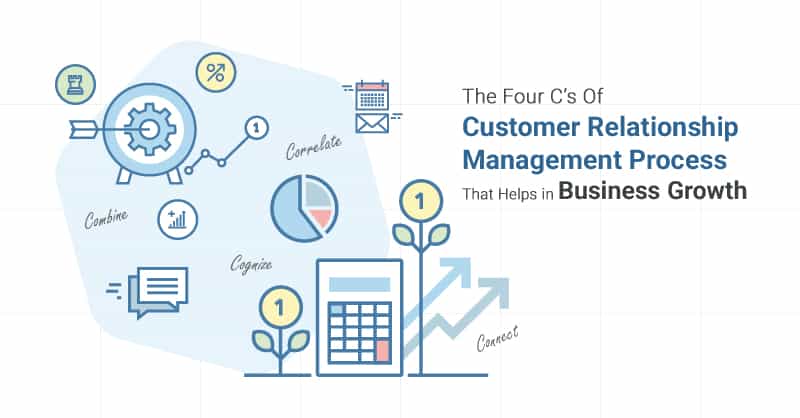
www.convergehub.com
Firms is a essential aspect of the global economy. Innovators utilize opportunities to develop profitable ventures that contribute to economic growth and employment.
Introducing Product Relationship Management – It's What Customers Want.
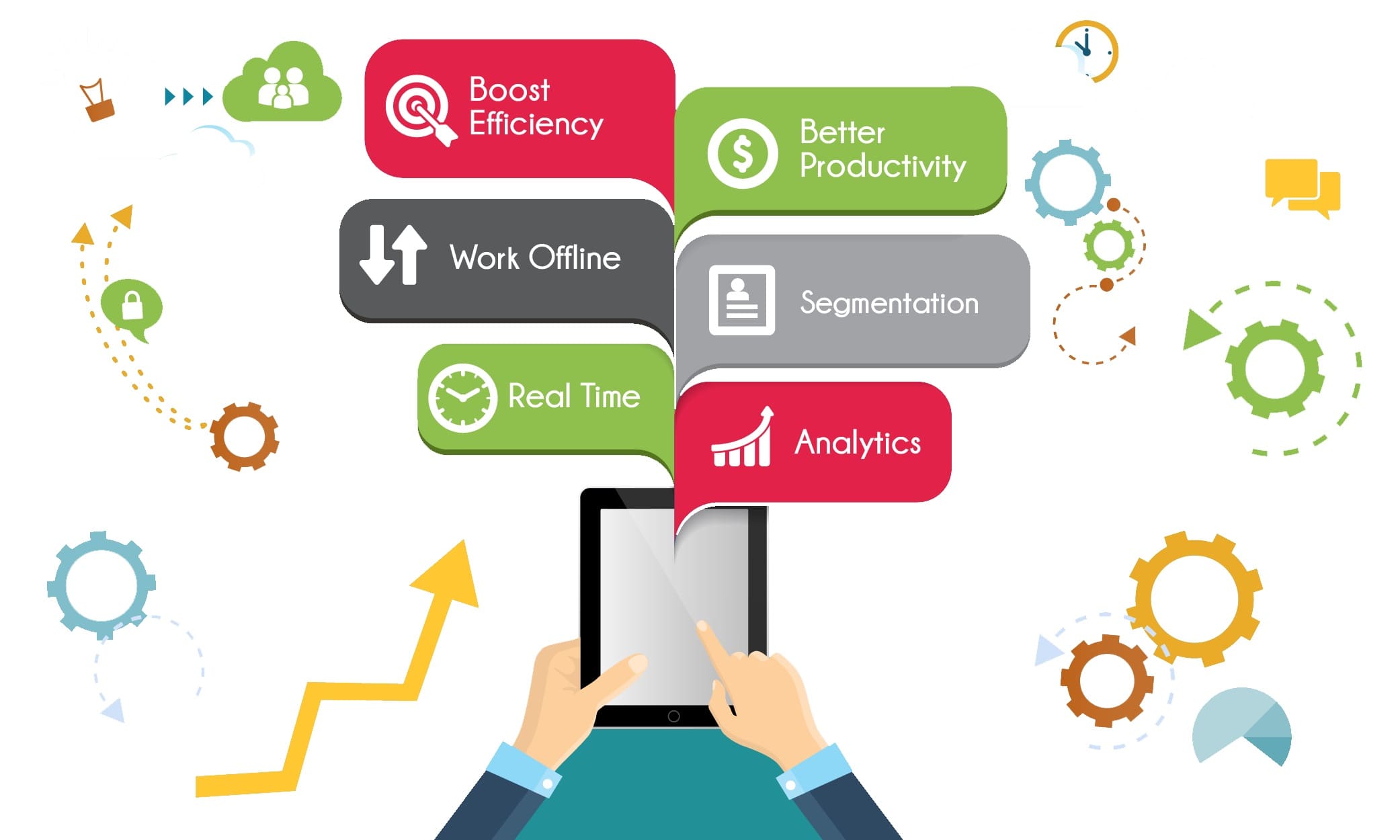
www.grombles.com
Entrepreneurs is a essential aspect of the international economy. Entrepreneurs capitalize on opportunities to create profitable ventures that contribute economic growth and job creation.
What Does Customer Relationship Management (CRM) Really Mean

www.pinterest.com
Business is a crucial factor of the international economy. Business owners utilize opportunities to create lucrative ventures that contribute economic growth and employment.
What Is CRM? Definition, Examples, Tips, Tools | FounderJar
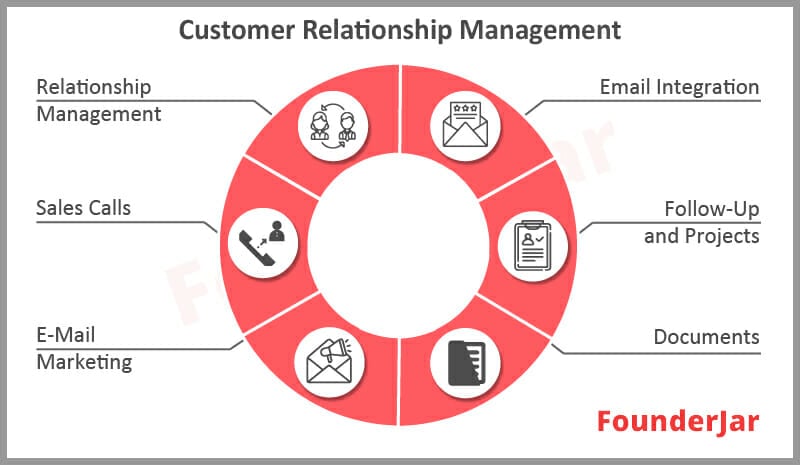
www.founderjar.com
Firms is a essential aspect of the worldwide economy. Business owners utilize opportunities to develop profitable ventures that add economic growth and job creation.
In the digital age, tech plays a essential function in business operations. Firms adopt cutting-edge tools and software to streamline processes, enhance communication, and improve performance. Details analytics enables decision-making, while online business platforms facilitate online transactions and international reach.
Originally posted 2023-08-19 14:52:38.

